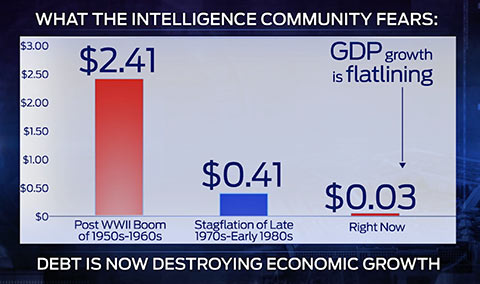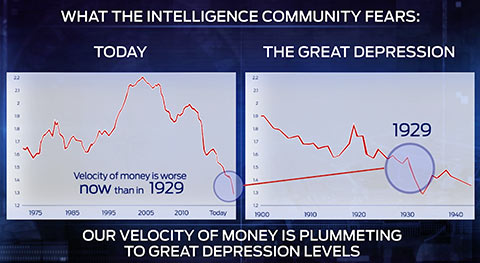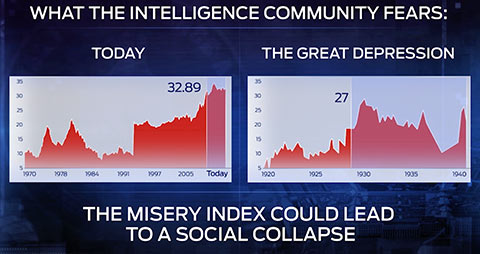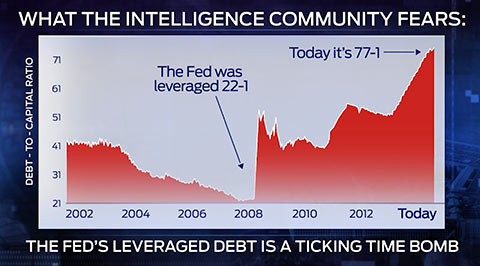http://www.bloomberg.com/news/2014-09-04/median-incomes-fell-for-all-but-richest-in-2010-2013-fed-says.html said:
Fed economists conduct the survey once every three years to produce a snapshot of household balance sheets, pensions, income and demographics that’s more detailed than broader reports about the economy. The surveys allow comparisons over time, with consistent methodology since 1989.
Only the richest Americans saw their incomes benefit from the economic recovery during 2010-2013, as earnings stagnated or fell for all others, a report from the Federal Reserve showed today. Median income adjusted for inflation rose 2 percent to $223,200 for the wealthiest 10 percent of households from 2010 to 2013, the Fed said today from Washington in its Survey of Consumer Finances. The bottom 60 percent saw the biggest declines. ...
The report “reveals substantial disparities in the evolution of income and net worth” since 2010, Fed economists wrote. ... The median, or mid-point, income for all families fell 5 percent from 2010 to 2013, while mean, or average, income climbed 4 percent, the data show. That’s “consistent with increasing income concentration during this period,” the report stated. Median net worth fell 2 percent to $81,200 from 2010 to 2013, while mean net worth was little changed at $534,600. ...
Households with access to assets such as homes and stock portfolios have found their wealth buoyed over the last three years. The Standard & Poor’s 500 Index (SPX) climbed 47 percent in the three years ended December 2013, while the S&P/Case Shiller index of property values climbed 13.4 percent in the same time period. Americans without such assets may have found the recovery in their finances slower-going, due in part to a labor market that’s been gradual in gaining momentum. With a “substantial degree” of labor market slack, “the need for extraordinary accommodation is unambiguous,” Fed Chair Janet Yellen said in an Aug. 22 speech at the Kansas City Fed’s economic conference in Jackson Hole, Wyoming. ...
There were also disparities in changes of median and mean family business equity. The survey showed that median family business equity fell by 20 percent. The mean value of business equity rose 15 percent. “This change indicates that losses in business equity were not equally distributed, and many business-owning families experienced large gains, while the median business-owning family experienced a loss,” the report said. ...
The proportion of families with retirement accounts decreased 1.2 percentage points to 49.2 percent during the three years ended 2013, according to the report. The decline was driven by those in the bottom half of the income distribution, while participation among families in the top 10 percent increased. ...







